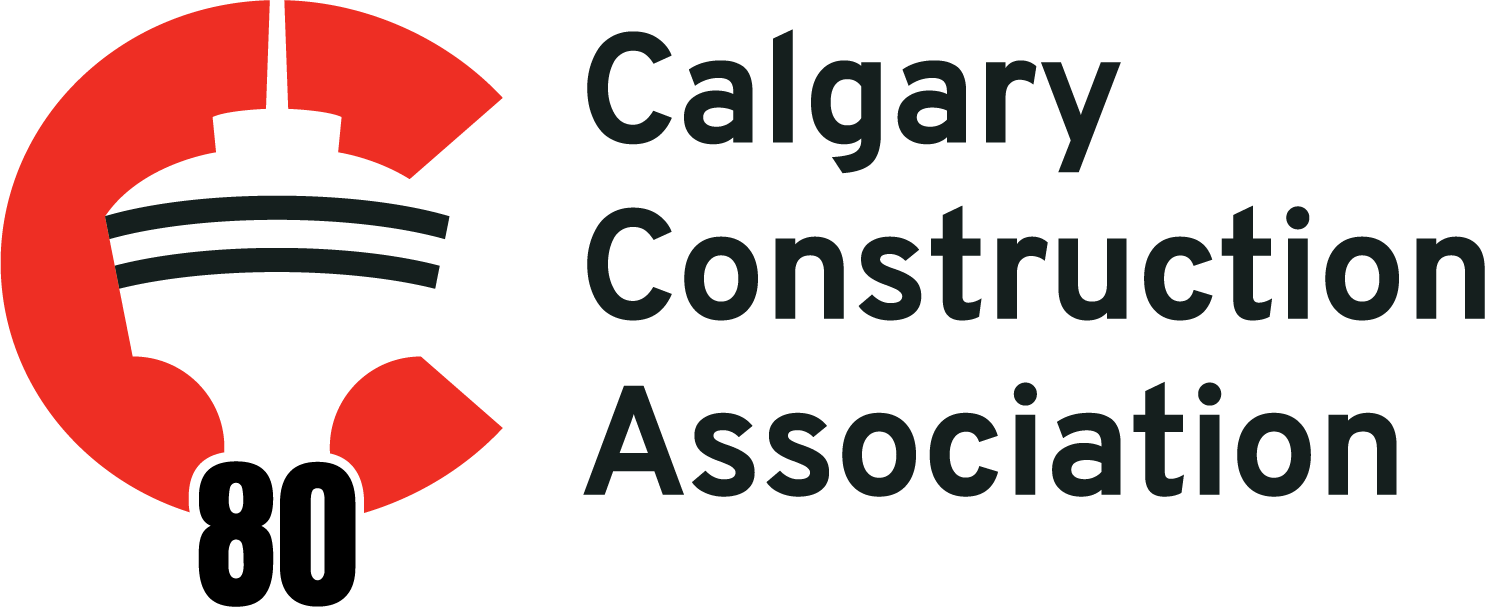Tax Strategies Critical to Returns in Construction

Tax Strategies Critical to Returns in Construction
Today’s challenging market conditions have had a direct impact on the real estate and construction industry. Market trends are changing as baby boomers retire and millennials continue to rent for longer than previous generations. The cost of land has skyrocketed and the economic growth outlook has become uncertain.
Greater tax complexity has also become the new normal, shifting how we view investments in real estate and construction. Companies operating in this industry are faced with the challenge of having to adopt new approaches to generate the desired rate of return.
Making the most of your investment includes planning for tax at every stage. Tax has become a significant strategic component that can influence how you evaluate an opportunity and how you structure your evolving investment.
The Tax Maze
Whether you build, own or operate real estate, various taxes come into play and have an impact on each project. Although tax should not drive business decisions, its function has a significant role in determining your return on investment (ROI). These taxes include:
- New capital gains taxes
- Taxes on profits from sale of constructed properties
- Goods and Services Tax (GST)/Harmonized Sales Tax (HST) and property taxes
- Additional taxes on foreign investments and vacant residential units
Specialized tax knowledge and experience can help you navigate the tax maze and improve your real estate and construction ROI.
Top 3 Tax Practices
To ensure your results are optimized, consider these three key steps to managing taxes:
Make Tax a Priority From the Start — Whether you have an in-house tax department, rely on external tax advisors, or employ a mix of both, include your tax advisors early on in your process. They understand your goals and can provide guidance in structuring your investments to mitigate risks and minimize taxes. It is always more efficient to consider tax as part of the overall plan, rather than at the final stages.
Employ the Right Set of Skills — Tax complexity has been a growing trend in Canada, along with rising tax burdens. Consider your needs from every angle — planning, structuring, obtaining financing, paying your taxes and reporting. Ensure the professionals you hire have the capability to work collaboratively as a team to achieve your goals.
Think of it in the same way you think of a construction project: various experts, such as engineers, architects, environmental experts and others, working together to build a final product. The right set of advisors take a holistic approach and customize your solution to add value to your bottom line.
Embed Tax into Your Strategic Plan — Whether you are planning the long term growth of your business, your retirement, or an intergenerational transfer of your business or estate, tax is a critical component. The long-term value of your business or wealth can be significantly impacted by the tax planning you include in your overall strategic plan.
Transition Planning
Another issue private company or family business owners should consider is estate planning. You may assume the next generation will succeed you in operations; however, this may not be part of their long term plans. If multiple children are involved, how they work together can be addressed in advance and any potential conflicts can be avoided. Strategic planning in this area is critical and should be done well in advance from both a family harmony and tax perspective. Waiting until retirement or a potential sale is too late.
Transition of a business can also bring further tax complications that may significantly reduce the value of your business assets. A solid tax strategy can structure your organization and investments in a manner that will more efficiently achieve your succession goals. If, alternatively, you want to sell your business in the future or ensure it can give you an adequate payout, the right tax strategy can help you create a structure for your business and for specific investments that will work for you in the long term.
Conclusion
Tax planning can be a critical component in getting the returns for your business and achieving the goals you want. There is no one-size-fits-all tax solution and having the right set of advisors who help you plan from the start will help you optimize your opportunities.
For more information, contact:

Mike Ruttan, Regional Real Estate and Construction Leader, at +1 403.648.4171 or

John Nygren, Regional Tax Leader, at 403.536.5541 or




